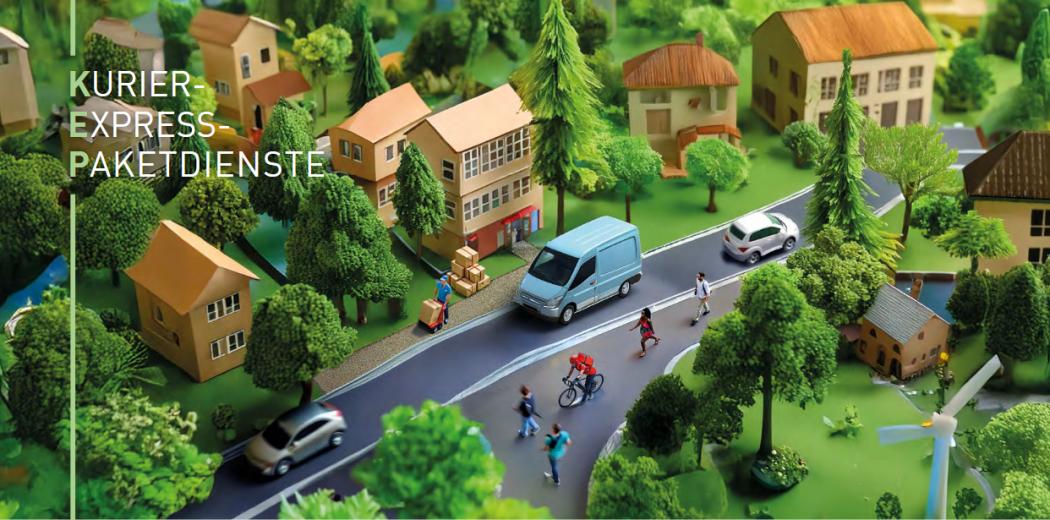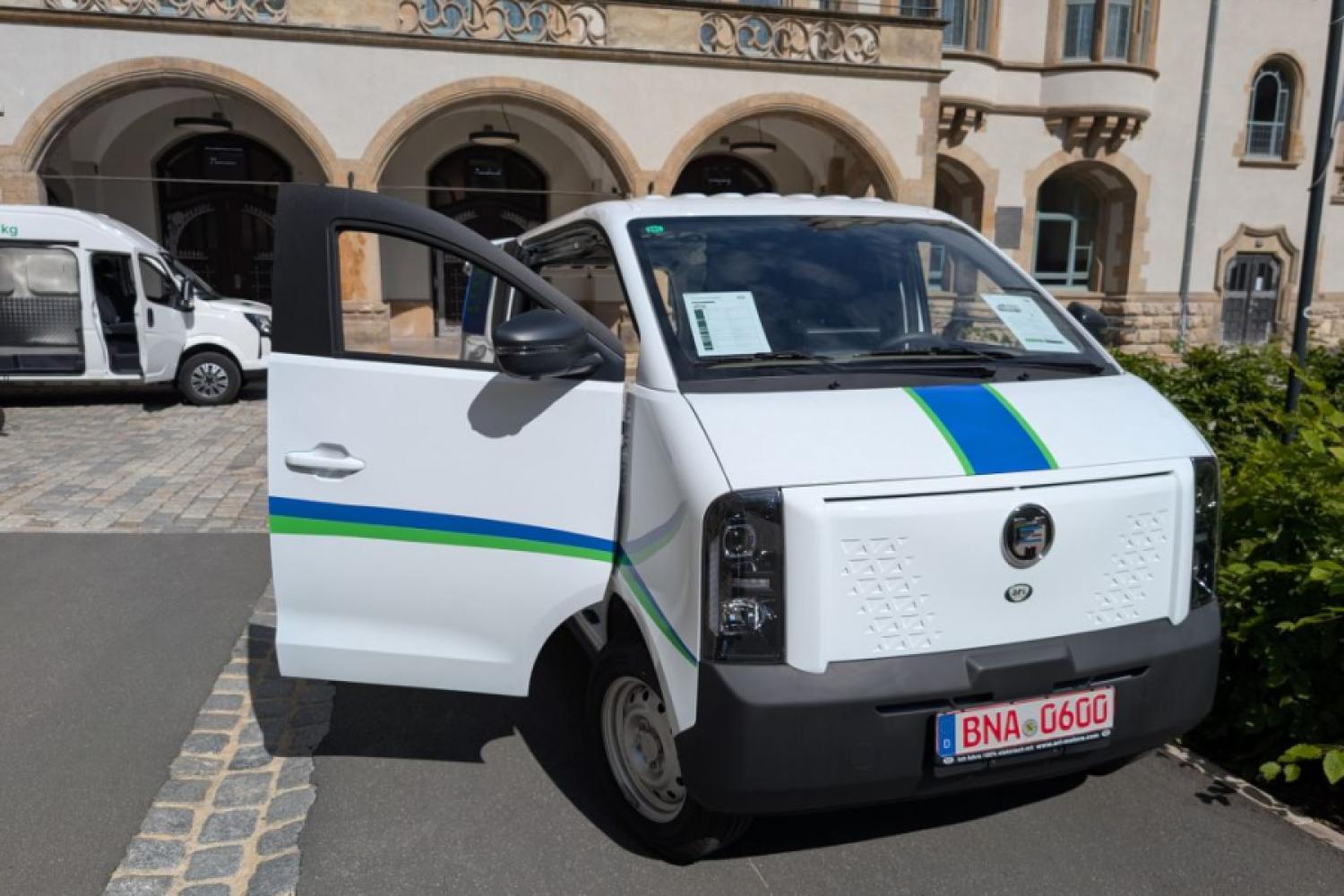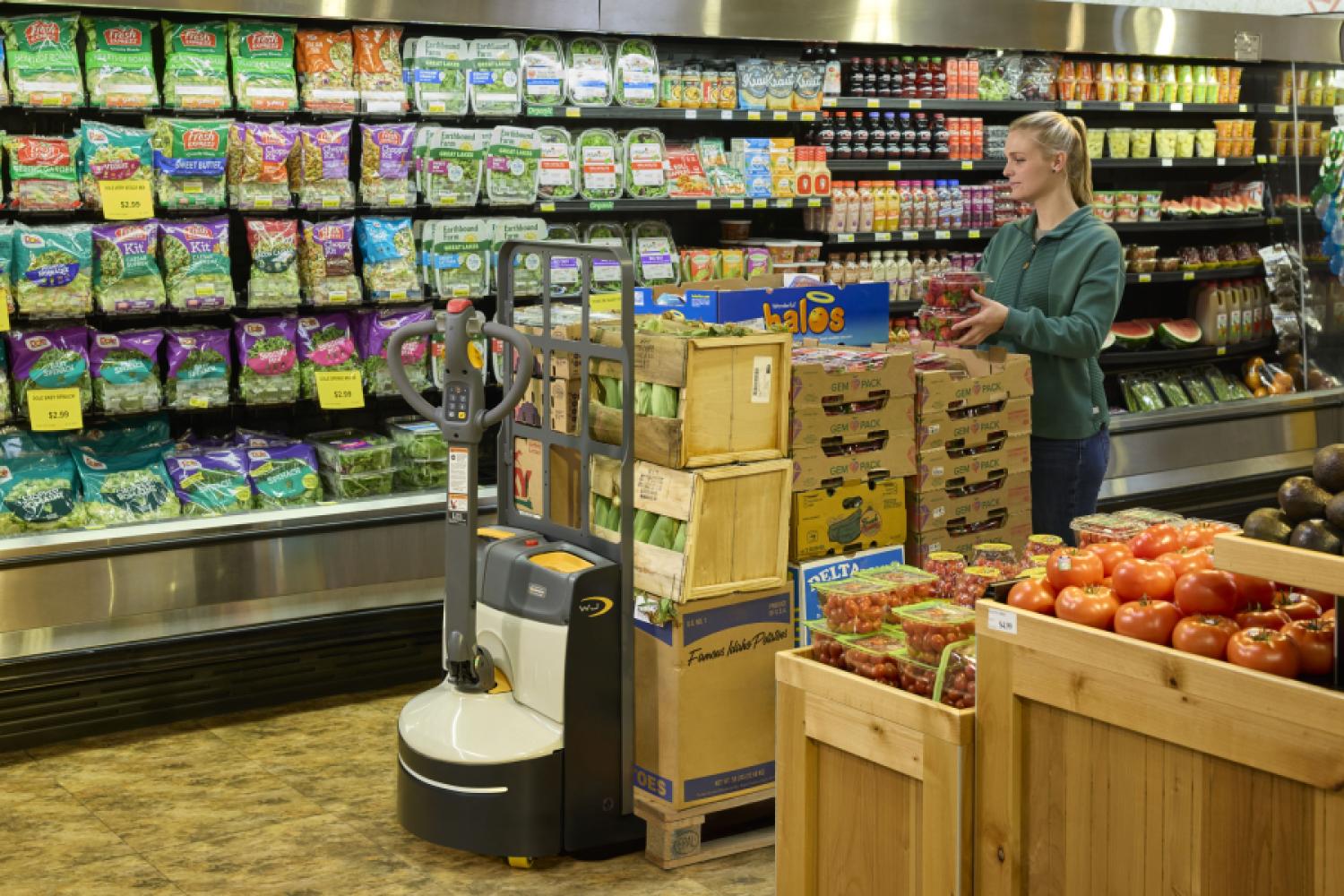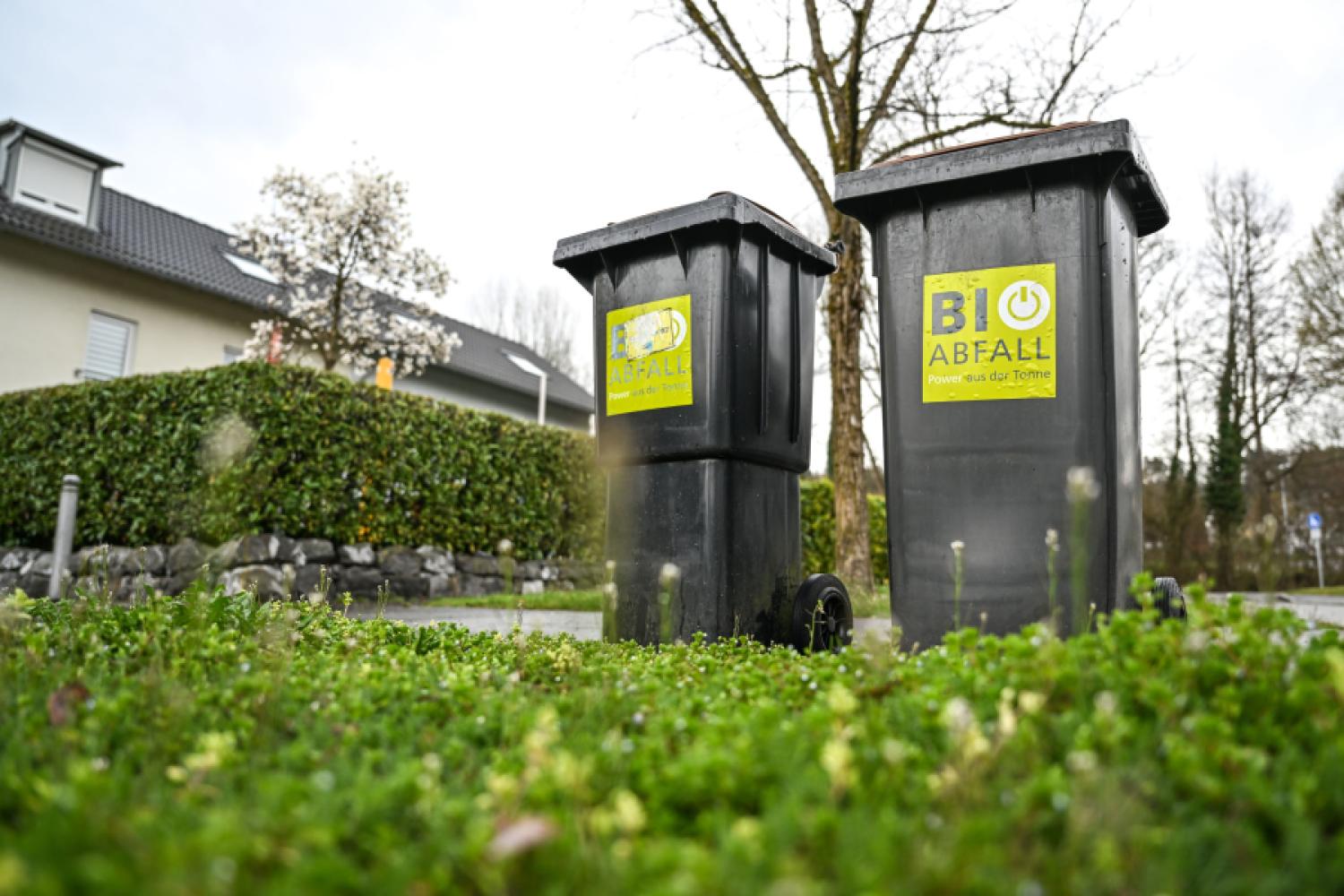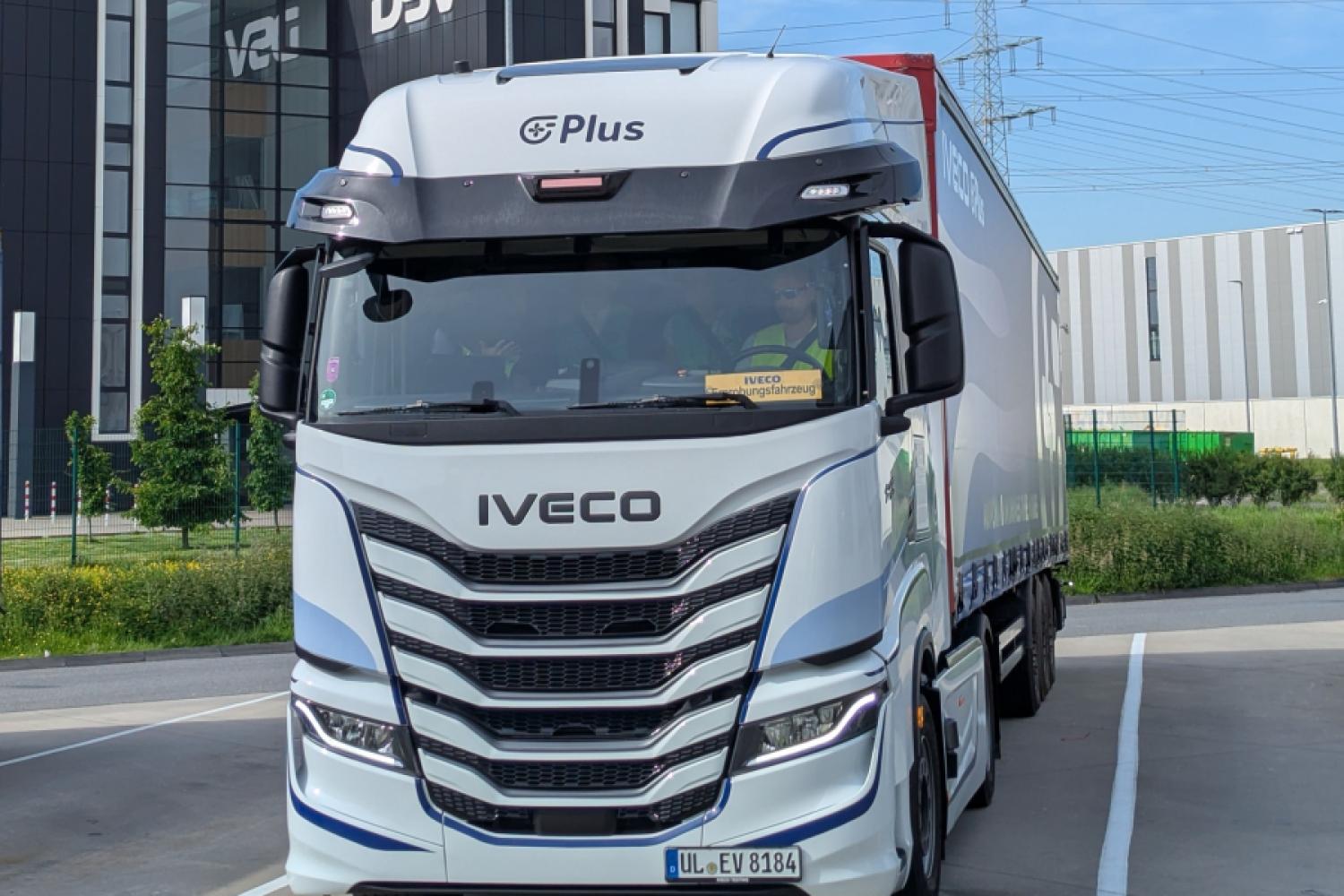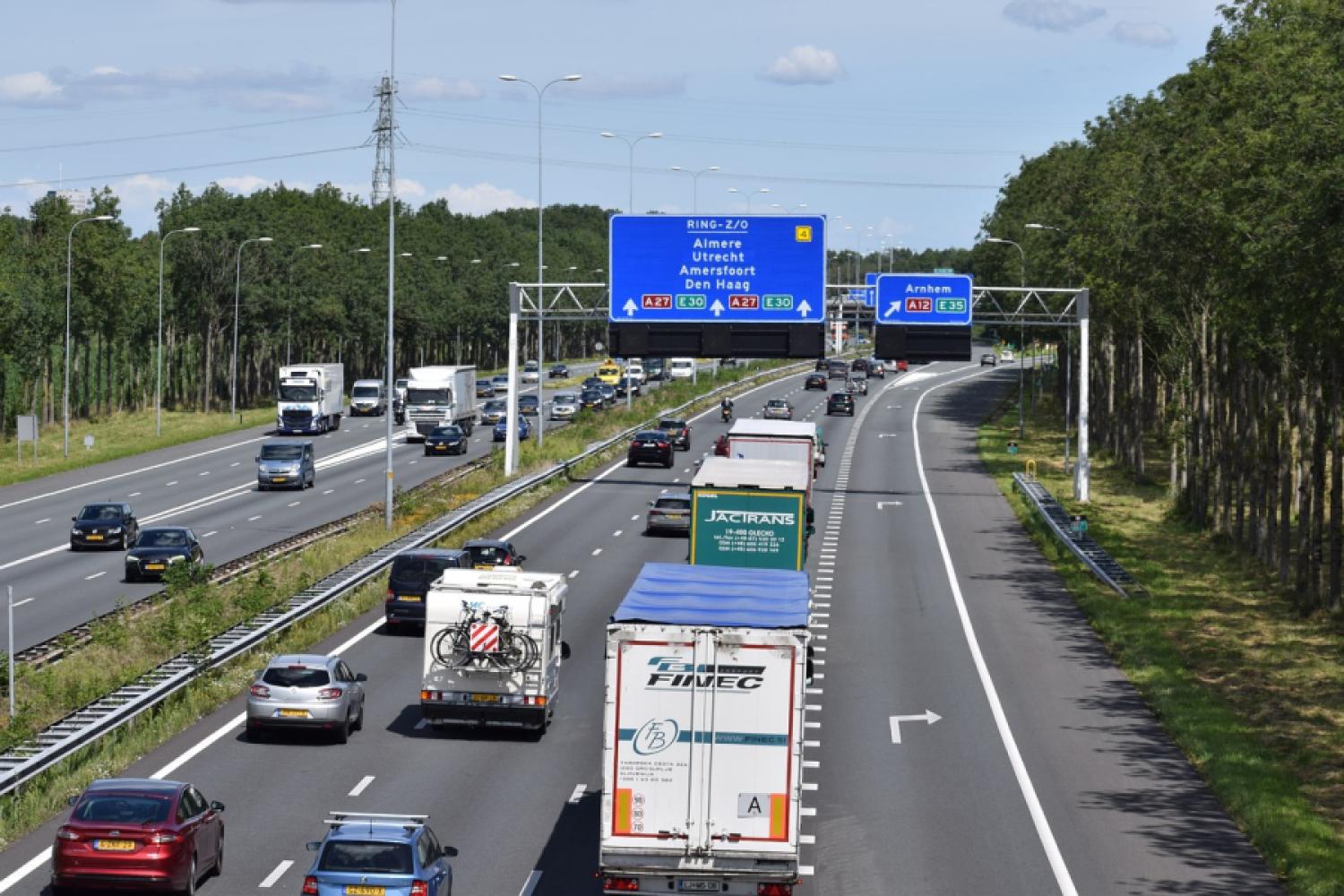The courier, express, and parcel industry (CEP) in Germany is on track to reduce emissions per shipment by 22 percent since 2016 – despite strong growth in shipment volumes. Every year, traffic-related effort per shipment decreases by three percent, noted the Federal Association of Parcel and Express Logistics (BPEX) recently in its Nachhaltigkeitsstudie. Additionally, the average parcel weight continues to decrease.
Growth with Efficiency: More shipments with less effort
The parcel services in Germany are taking responsibility for climate protection and are continuously reducing emissions. Already today, they are transporting significantly more shipments than in 2016, but are using the necessary vehicles much more efficiently. While shipment volume has increased by more than one-third since 2016, the transport effort per shipment – measured in vehicle kilometers – has been reduced by one-fifth. An additional
lever for this development: the average parcel weight is continuously decreasing and currently stands at 4.6 kilograms. Only 2.5 to 3.5 percent of shipments weigh over 20 kilograms. This reduces fuel consumption and further improves the CO2 balance. The ecological footprint of an individual shipment has thus noticeably decreased.
The parcel industry is more sustainable
By 2050, BPEX member companies have set themselves the goal of operating in a climate-neutral manner. The greatest opportunities for reducing greenhouse gas emissions lie in the main run as well as on the first and last mile. The companies are demonstrating a high willingness to innovate and invest and are pursuing individual strategies. Significant progress has already been made on the first and last mile. Almost every fourth parcel transporter is now electrically operated – a stark contrast
to the nationwide average, where the share of electrically operated vehicles is less than three percent.
Cost savings through targeted investments and alternative delivery concepts
Investments in sustainable buildings and automated sorting technology underscore the innovation power of parcel services, as do new concepts in the area of delivery. Successful coordination with recipients and alternative delivery solutions reduce the number of delivery attempts and thus routes and emissions. For example, delivering to an open-access parcel locker can save around 20 percent CO2 compared to a second doorstep delivery.
Parcel services save more emissions than the rest of the transportation sector
"The parcel market is growing, and at the same time, delivery is becoming significantly more climate-efficient," says Marten Bosselmann, Chairman of BPEX. "The innovation power of parcel services is remarkable. By 2030 we can
achieve one-third fewer greenhouse gas emissions per shipment and meet the climate targets of the transportation sector." Bosselmann adds: "We are not only reliable but also sustainable basic service providers for the population and the economy. The new government must ensure that we can continue to fulfill this role. Regulations that are detached from practice – such as arbitrary specifications on parcel weights – hinder the entrepreneurial initiative of the industry. Instead, companies should be further strengthened and supported in their efforts, for example by promoting the leasing rate for electric vehicles."
Sustainability study shows how emissions are decreasing
The 2025 Sustainability Study was commissioned by KE-CONSULT Kurte&Esser GbR on behalf of BPEX. It highlights current developments in the German CEP industry regarding sustainability, with a particular focus on the reduction of greenhouse gas
